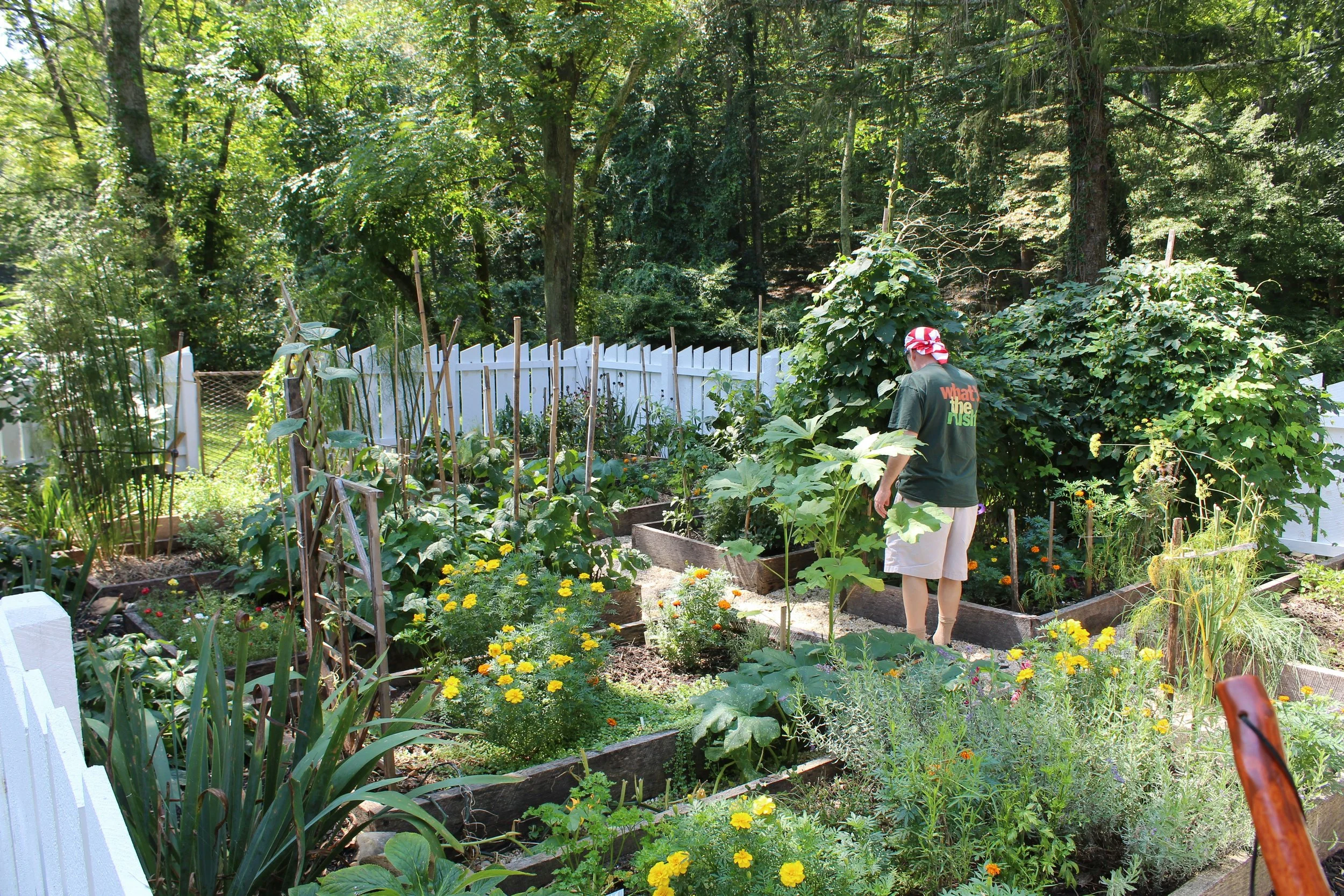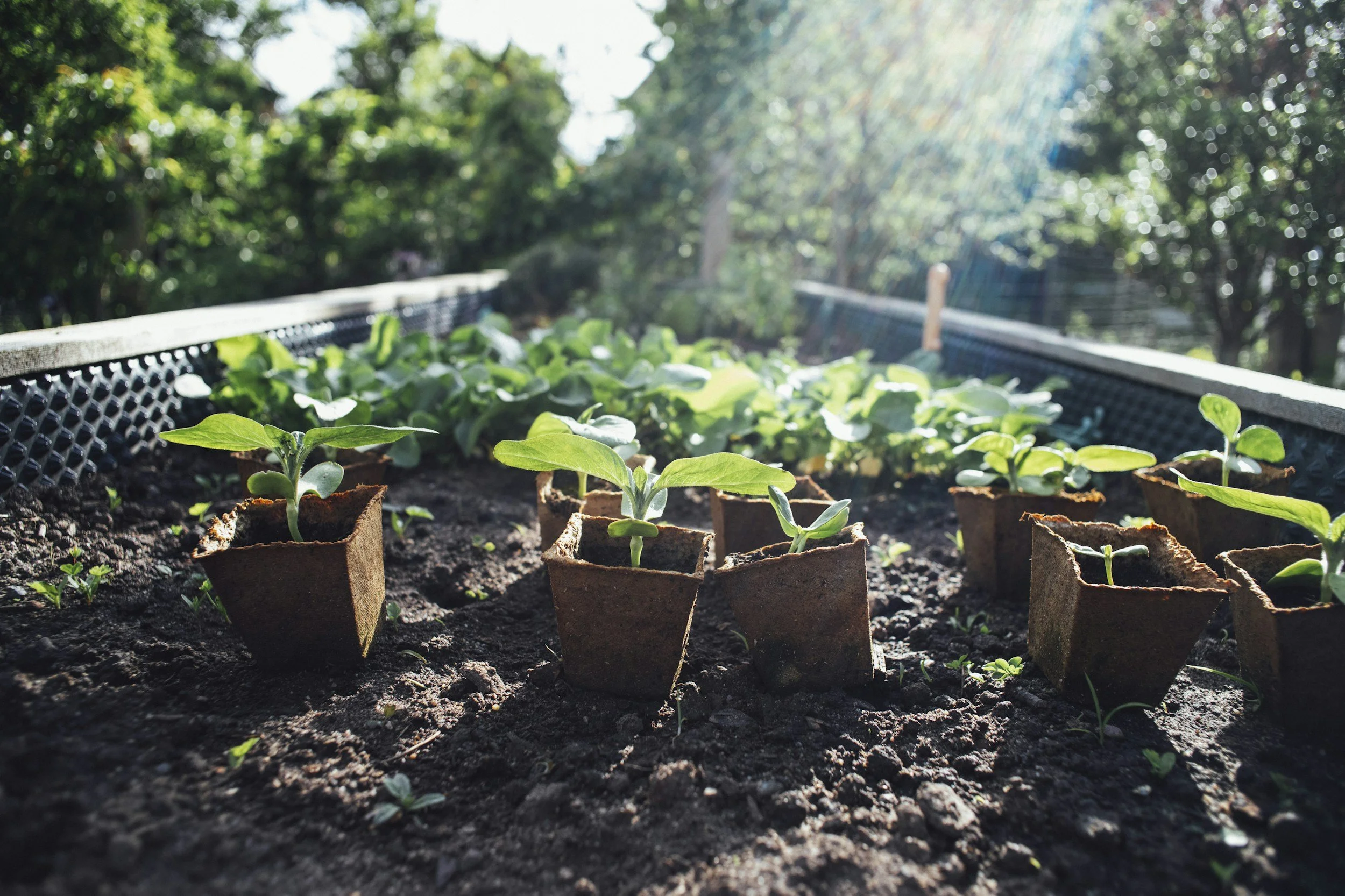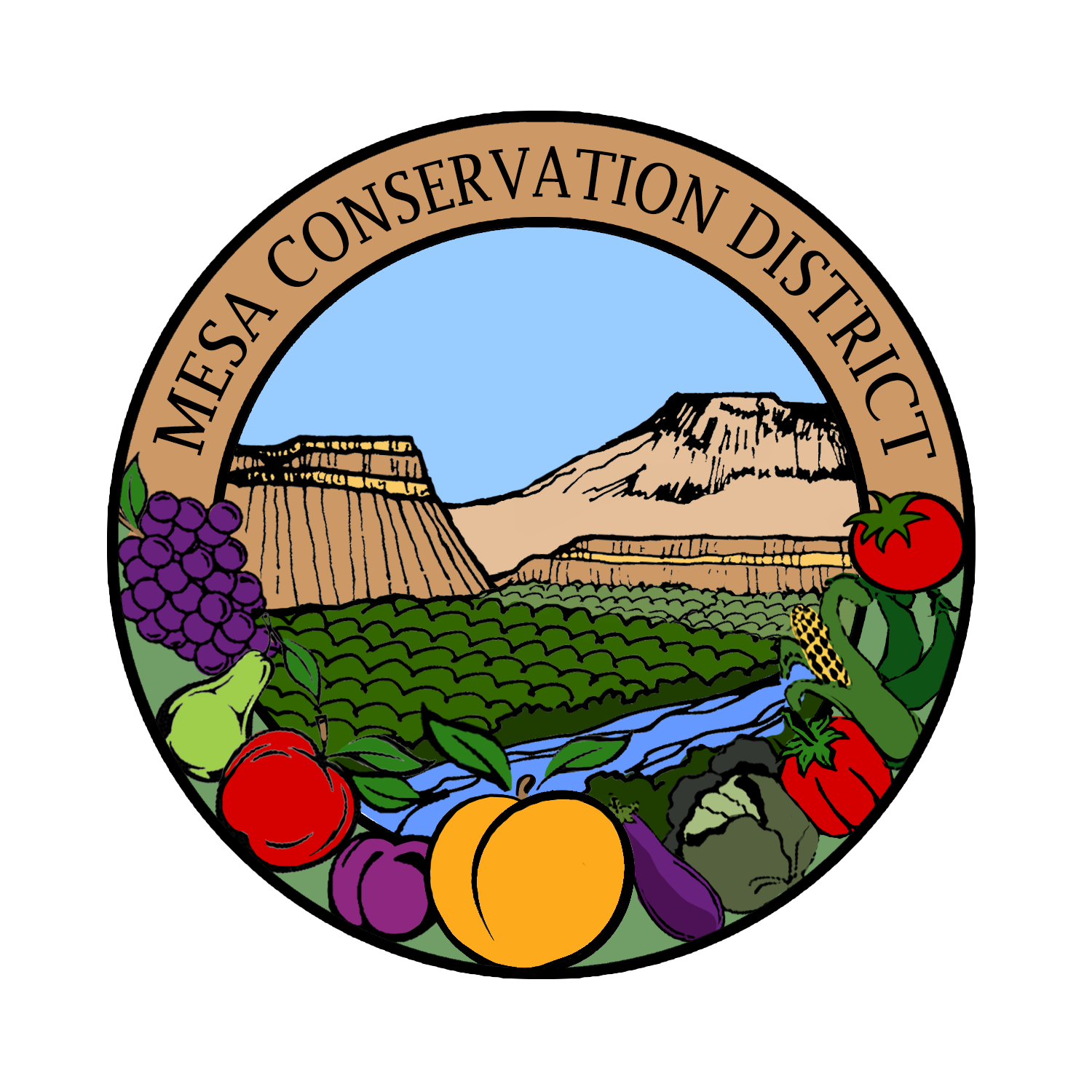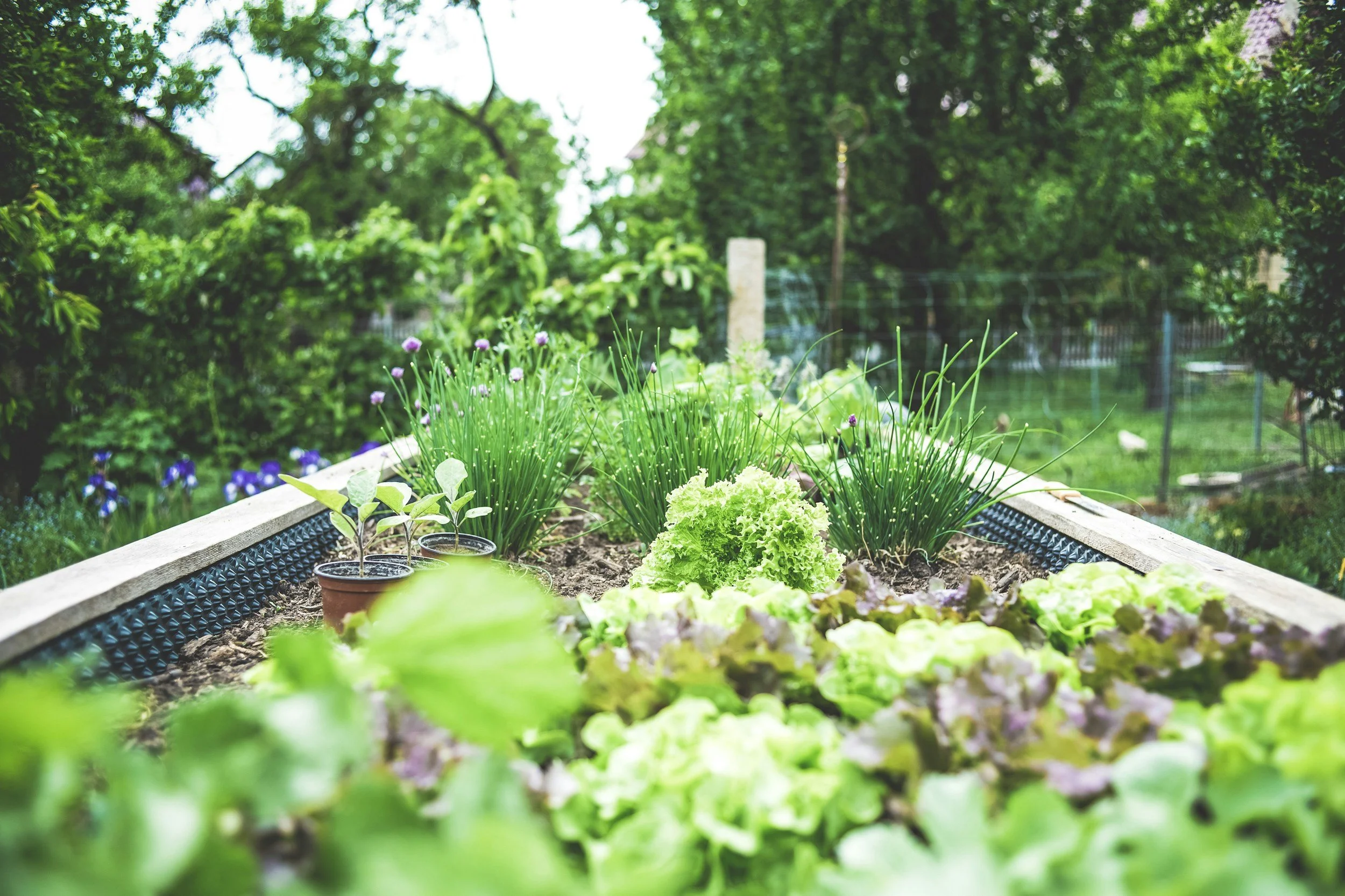
Urban Agriculture
Urban agriculture refers to various practices of cultivating, processing, and distributing food in urban areas. The term also applies to the area activities of animal husbandry, aquaculture, beekeeping, and horticulture in an urban context. Urban agriculture is distinguished from peri-urban agriculture, which takes place in rural areas at the edge of suburbs. Urban agriculture can appear at varying levels of economic and social development. It can involve a movement of organic growers, "foodies", and "locavores", who seek to form social networks founded on a shared ethos of nature and community holism. More direct access to fresh vegetables, fruits, and meat products that may be produced through urban agriculture can improve food security and food safety while decreasing food miles, leading to lower greenhouse gas emissions, thereby contributing to climate change mitigation.
-
Permaculture is a design system for ecological and sustainable living, integrating plants, animals, people, buildings, and communities. Permaculture includes a set of design principles derived using whole-systems thinking.
To view more information about Permaculture, view the resources below, including local examples.
-
Victory Gardens comes from the gardens planted in the U.S. during WWI and WWII. These were promoted in order to free up crops to feed soldiers overseas. Because of the diversion of food for the war effort, the government urged Americans to utilize any available space to grow their home gardens. In addition classes and brochures were provided by the government to teach people on how to preserve this food beyond the growing season.
Victory Gardens took many different forms, including farms, backyards, on city rooftops, in window boxes, on public lands, and in vacant lots.
-
Container gardening refers to the gardening practice of cultivating plants in pots, tubs, or other containers instead of directly in the ground or in raised beds.
Container gardening allows for food, flower, and herb production in locations where traditional gardens are not possible or accessible, including patios, balconies, decks, and sites with poor soil quality. They are a great option for renters, individuals with limited mobility, gardeners seeking to extend the growing season, and beginner gardeners looking to start their gardening practice gradually.
Keep in mind that containers are more susceptible to high temperatures and moisture loss than traditional gardening arrangements.
-
Companion planting is the practice of growing different crops near one another to enhance crop production, repel damaging pests, improve soil health, and promote biodiversity.
For more information about plant companions, view the resources below.
Local Urban Agriculture
The Mesa County Libraries Discovery Garden project is a series of interactive and demonstrative gardens that provide education, food, respite, and community engagement. From its inception, Mesa Conservation District has been an integral partner in the project. The goal is to promote nutrition literacy, keep up with the needs of the community, and uphold pesticide-free, permaculture-focused methods that help conserve water and build healthy soil. Click the button below to learn more!

Urban Agriculture and Design Resources
Companion Planting
Mesa County Planning Dept. FAQs
Permaculture Design Principles
Urban Beekeeping
Urban Agriculture Guides
CO Dept. of Agriculture - Urban Gardening
CO Food Systems Advisory Council
Conservation Practices for Soil Health in Urban and Small-Scale Agriculture
EPA Brownfields and Urban Agriculture
NRCS - Colorado Urban Agriculture Information
NRCS Urban Agriculture Information
Sustainable Agriculture and Research and Education - Urban Agriculture Best Practices
Urban Agriculture: A Guide for Municipalities
Water Wise Landscaping






